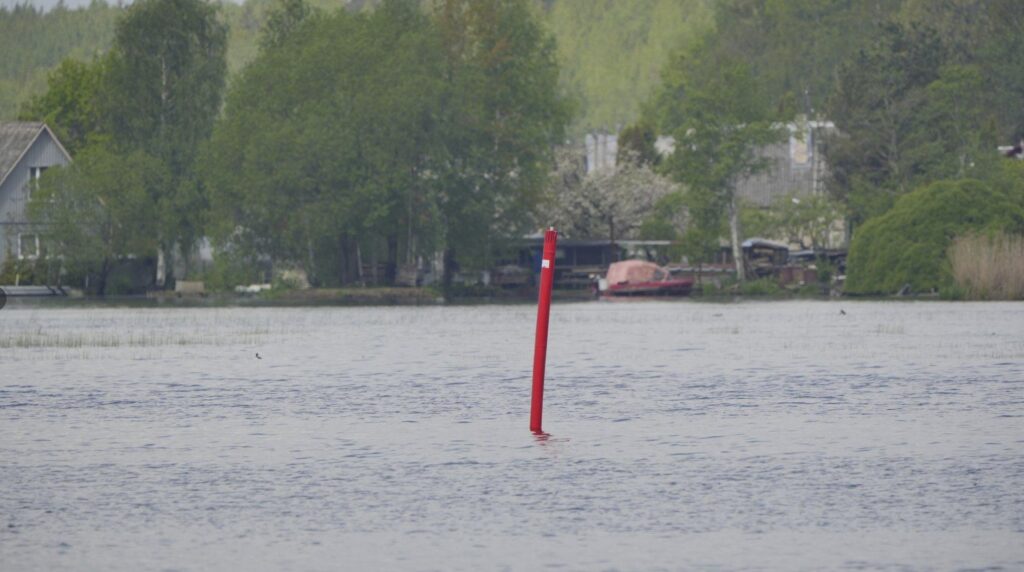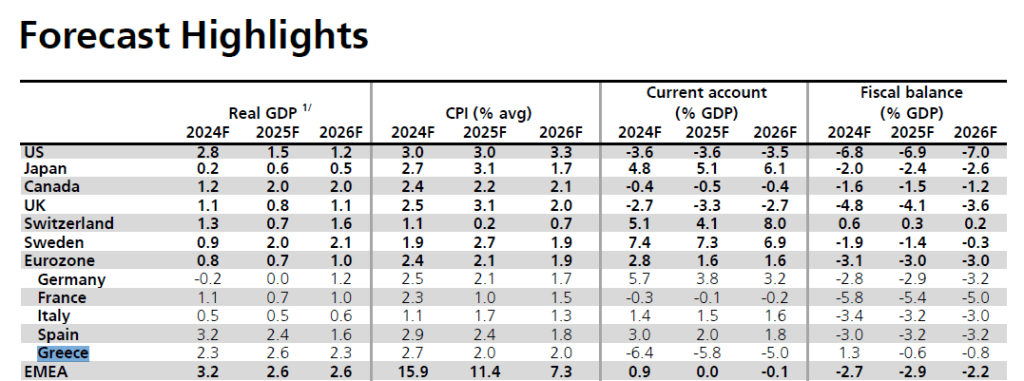What does Friedrich Merz really change in migration policy?

Migration policy was the determining topic in the election campaign, accordingly the expectations of the new are Federal government. Can Friedrich Merz Keep his promise of a real asylum seeker? The former Federal Minister of the Interior Horst Seehofer urgently warns of fast, visible results. « Politics has lost a lot of trust in the past because the big words often did not follow any deeds, » says the long-time CSU leader of our editorial team. “It is therefore also crucial now that the right ones Goals of the coalition agreement for migration are powerfully implemented. «
Seehofer speaks from experience that in his time as the interior minister he had tried to get the topic under control. He reached limits – among the European neighbors, but also with the then Chancellor. Today Friedrich Merz takes a man on the Chancellery, who ticks very differently in asylum policy than his predecessor Angela Merkel. But is that enough alone? « We will order and tax migration and effectively push the irregular migration back. » So it says in the coalition agreement of Union and SPD.
One of the most important points: Attorney should be rejected at the borders by consultation with neighboring countries. There will be no new voluntary federal recording programs. In addition, for at least two years, family reunification to people with limited protection status should be possible. In order to persuade the country of origin of those who are obliged to leave to withdraw their citizens, pressure should be exerted if necessary- for example, through development cooperation, economic and trade relationships and visa policy.
How are the rejections implemented at the border
Nevertheless, many points remain vague: “We will Complete migration agreements« To control legal immigration and to ensure the willingness to return, » it says – a goal that previous governments had already set. « As is well known, paper alone is patient, » warns Seehofer. « We will see what the practice of implementation will look like. »
In fact, the most controversial project, in the future, will also reject asylum seekers, against whom there is no entry block, to reject the skepticism at German borders. The continuation of the border controls will probably not be able to prevent those seeking protection against the border control measures without a functioning European border protection, « says Sven Hüber, deputy chairman of the police union. « Returns are also only possible with a close border reference, refugees who are already domestically cannot be rejected. »
Police hopes for hardness of the law against smugglers
In any case, nationwide border controls are not affordable. It is therefore not to be expected that selective rejections could “make a clear reduction in refugee numbers”. « According to the current communications from Poland and Austria, a cooperation between the neighboring countries is also questionable. With reference to European law, Austria has already announced that no people who have applied for asylum in Germany, » says Hüber. He therefore penetrates a European coordinated approach. Asylum experts assume that the currently falling asylum numbers also has less to do with German border controls, but rather with a decline in numbers on the Mediterranean route.
Nevertheless, the police unionist sees in the coalition agreement « more realism and less cloudkuckucksheim ». Above all, he hopes for success in the fight against smuggling. « Nobody comes to Germany illegally today without a smuggler, » says Hüber. « If the criminal smuggling business collapses at least in parts, the number of those seeking protection is automatically reduced. » It is therefore important to save IP addresses for possible investigations for three months and to take a closer look at financial flows. An important instrument is also the integration, especially in the labor market. « This is not only socially, but also from a police point of view the best prevention, » says Hüber.
Last year, 229,751 people made an asylum application for the first time in Germany. That was around 100,000 asylum applications less than in the previous year.







